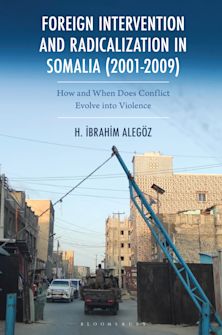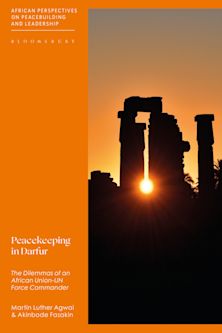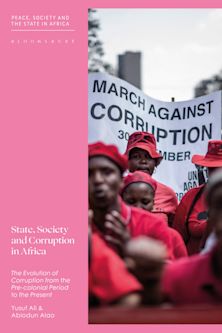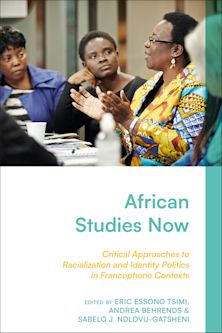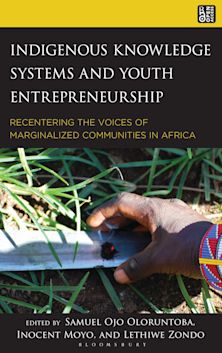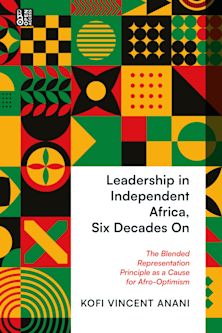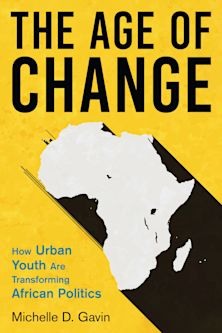- Home
- ACADEMIC
- Politics & International Relations
- African Politics
- Civil Society Narratives of Violence and Shaping the Transitional Justice Agenda in Zimbabwe
Civil Society Narratives of Violence and Shaping the Transitional Justice Agenda in Zimbabwe
Civil Society Narratives of Violence and Shaping the Transitional Justice Agenda in Zimbabwe
This product is usually dispatched within 1 week
- Delivery and returns info
-
Free US delivery on orders $35 or over
You must sign in to add this item to your wishlist. Please sign in or create an account
Description
In Civil Society Narratives of Violence and Shaping the Transitional Justice Agenda in Zimbabwe, Chenai G. Matshaka shows the shaping of the transitional justice agenda in Zimbabwe from a civil society perspective. Based on the understanding that transitional justice approaches are seen through the lenses by which the violence and conflict is understood, Matshaka explores the complexities that arise when particular narratives of violence dominate the agenda. This book contributes to a discussion on how narratives intervene in the trajectory of a transitional justice process of a society in ways that may be beneficial or detrimental to breaking cycles of injustice and domination.
Table of Contents
Acknowledgments
List of Acronyms
Chapter One: Background of Violence and Coercion
Chapter Two: Transitional Justice: Debates, Inclusion, and Exclusion
Chapter Three: Civil Society and Transitional Justice
Chapter Four: The Civil Society Narrative of Violence
Chapter Five: The Shaping the Transitional Justice Agenda in Zimbabwe
Chapter Six: The Transitional Justice Battlefield and Prospects for the Future
Conclusion
Bibliography
Product details
| Published | Aug 01 2022 |
|---|---|
| Format | Hardback |
| Edition | 1st |
| Extent | 206 |
| ISBN | 9781793645340 |
| Imprint | Lexington Books |
| Dimensions | 9 x 6 inches |
| Publisher | Bloomsbury Publishing |
About the contributors
Reviews
-
This erudite and elegant book unpacks transitional justice moments in Zimbabwe. It does so by looking at how civil society organizations speak of violence, how they narrate histories of abuse, and who they blame. This process is not always inclusive or equitable, however. Chenai Matshaka emphasizes how the dignity of actual victims must be preserved. This means they deserve the space to tell their stories in their own words and on their own terms. Matshaka’s book is an indispensable reminder of the centrality of respect in the arc of human rights.
Mark A. Drumbl, Washington and Lee University
-
“Matshaka’s book is a tour de force of the narrative of one of the most important actors in the transitional justice landscape, not only in Matabeleland or Zimbabwe but in the Global South—that is, civil society. With this book, Matshaka has written herself into the transitional justice hall of fame by contributing to the canon of epistemologies of the Global South. This book is a significant contribution which positions civil society not only as an important actor in transitional justice in the Global South but as an institution that balances the scale between the nation and the state. This book is highly recommended for those who want to understand exactly what shapes the narratives of transitional justice in the Global South. In this case study of one of the most problematic and perpetual transitional societies, Matshaka skillfully and diligently navigates and pieces together an otherwise complicated, multilayered subject and its concomitant debates. In the process, she unpacks the agenda of transitional justice and explains whose narratives matter and, inversely, whose narratives are subverted and ignored and the consequences thereof.”
Everisto Benyera, University of South Africa

ONLINE RESOURCES
Bloomsbury Collections
This book is available on Bloomsbury Collections where your library has access.












